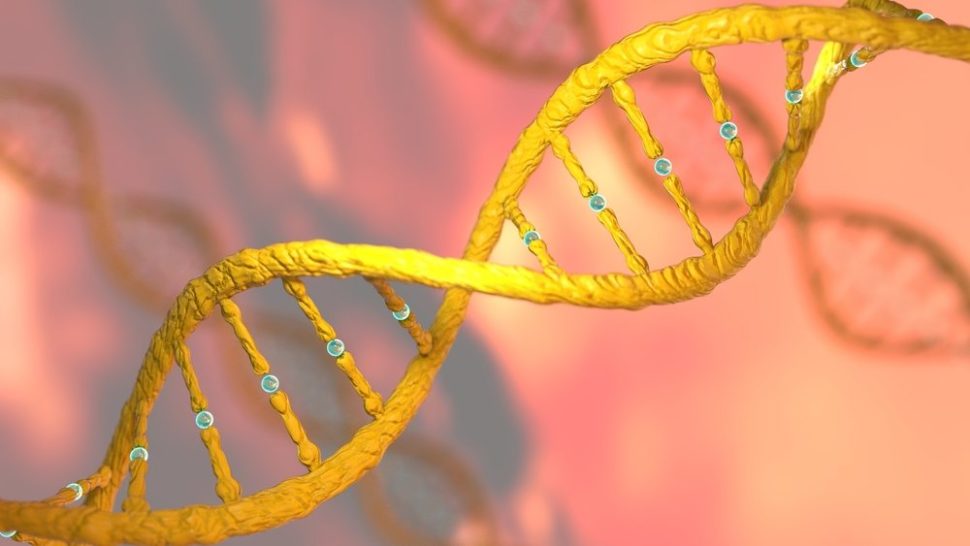CRISPR-Cas9 is a game-changing gene editing software, but the question of ownership mars its continuing progress.
CRISPR-Cas9 have been reported on and discussed in a plethora of different articles, journals, and blog posts. At the moment it is one of the most central focuses in the conversation on medical advancement and the ethical lines that must be drawn within this field.
What generally doesn’t make as many headlines, however, is the the ongoing battle for intellectual property rights to the groundbreaking medical technology. Can you prove ownership of gene editing technology?
Moreover, could there be costs to this patent war given the nature of the technology?
Do #Patents Matter With #CRISPR-Cas9 Biotech?Click To Tweet
Before We Dive Into the Patent Wars…
By now, many people are familiar with the biotech utilizing CRISPR DNA sequences and the Cas-9 enzyme from strep throat bacteria. But the story of CRISPR gene editing tech has been ongoing since the 90s. You can read all about the history of and improvement on this biotech in our own handy guide. Knowing the background of gene editing technology will help to inform you on why this patent war is so heated.
As early as December of 2016, people were waging battles for patents on CRISPR technology. The patent filings came earlier, but there is still ongoing litigation regarding this hot-button issue of inventorship. It’s not just an issue on the homefront, as patent wars abroad over CRISPR-Cas9 have also had their own intrigues.
This article will primarily focus on patent wars in the U.S. between U.C. Berkeley and the Broad Institute of MIT.

A Brief History of the CRISPR-Cas9 Patent War & Its Champions
One of the main issues with doling out patents involves the complex nomenclature and definitions involved in the legal procedures of these disputes. Since changes to the U.S. patent law with the Leahy-Smith America Invents Act, the “first to file” gets the patent. Regardless of whom the “inventor” may be, it all comes down to who filed first.
This affects CRISPR not because one person filed first, but because the PTO reviewed one application faster than another. Here is where the patent wars truly begin.
In May 2012, Jennifer Doudna and Emmanuelle Charpentier of U.C. Berkeley and the University of Vienna respectively filed patents. In December 2012, Feng Zhang from the Broad Institute of MIT and Harvard also filed a patent.
Though Doudna and Charpentier filed their patent for an engineerable version of CRISPR eight months earlier, Zhang’s was reviewed faster. Now, however, some contend that the rights don’t solely belong to U.C. Berkeley or the Broad Institute.
Questions of Dogma Lead to Questions of Future Science
Due to the nature of the CRISPR, some argue that it cannot (or should not) belong to one private entity. Arti Ra of Duke University and Robert Cook-Deegan of Arizona State University want to see public protections for the cutting edge biotech.
Many, including Ra and Cook-Deegan, attribute the distraction of the patent war with the 1980 Bayh-Dole Act. In tandem with scrambling for acclaim in the academic community, researchers must waste valuable time and resources on being “first”.
However, there is a piece of evidence that calls into question ownership claims from U.C. Berkeley and the Broad Institute which could lead to the end of the patent wars.
Both universities attempting to claim patents received federal funding from the National Institute of Health. This means that, to a degree, the American people have a stake in the CRISPR-Cas9 tech. Should that mean that we get a say in who it “belongs” to and how to use it?
Beyond that conflict of interest, granting ownership of the revolutionary medical technology could hinder further progress. Should technological breakthroughs of potentially life-changing biotech be hindered due to patent law?

An Unprecedented Patent Situation for 2018
While an awarding of one of the more valuable aspects of CRISPR tech was given to MIT in 2014, the war wages on. The argument against the Broad Institute is a solid one, too, alleging the detrimental future effects of that 2014 ruling. It also seems as if U.C. Berkeley is hinting at the aforementioned issues of “first to file” vs. inventorship.
“If uncorrected, that ruling threatens to allow Broad to arrogate to itself much of UC’s transformational invention without Broad demonstrating anything close to the genuine innovation that would justify finding its claims to be separately patentable.”
Unfortunately, we are no closer to a verdict despite all of the back and forth. Perhaps now, in 2018, we will see an end to the war with U.C. Berkeley, MIT, and the U.S. government/people as the victor.
Of course, let’s hope that doesn’t come at the cost of valuable technological innovation.


















Comments (0)
Most Recent